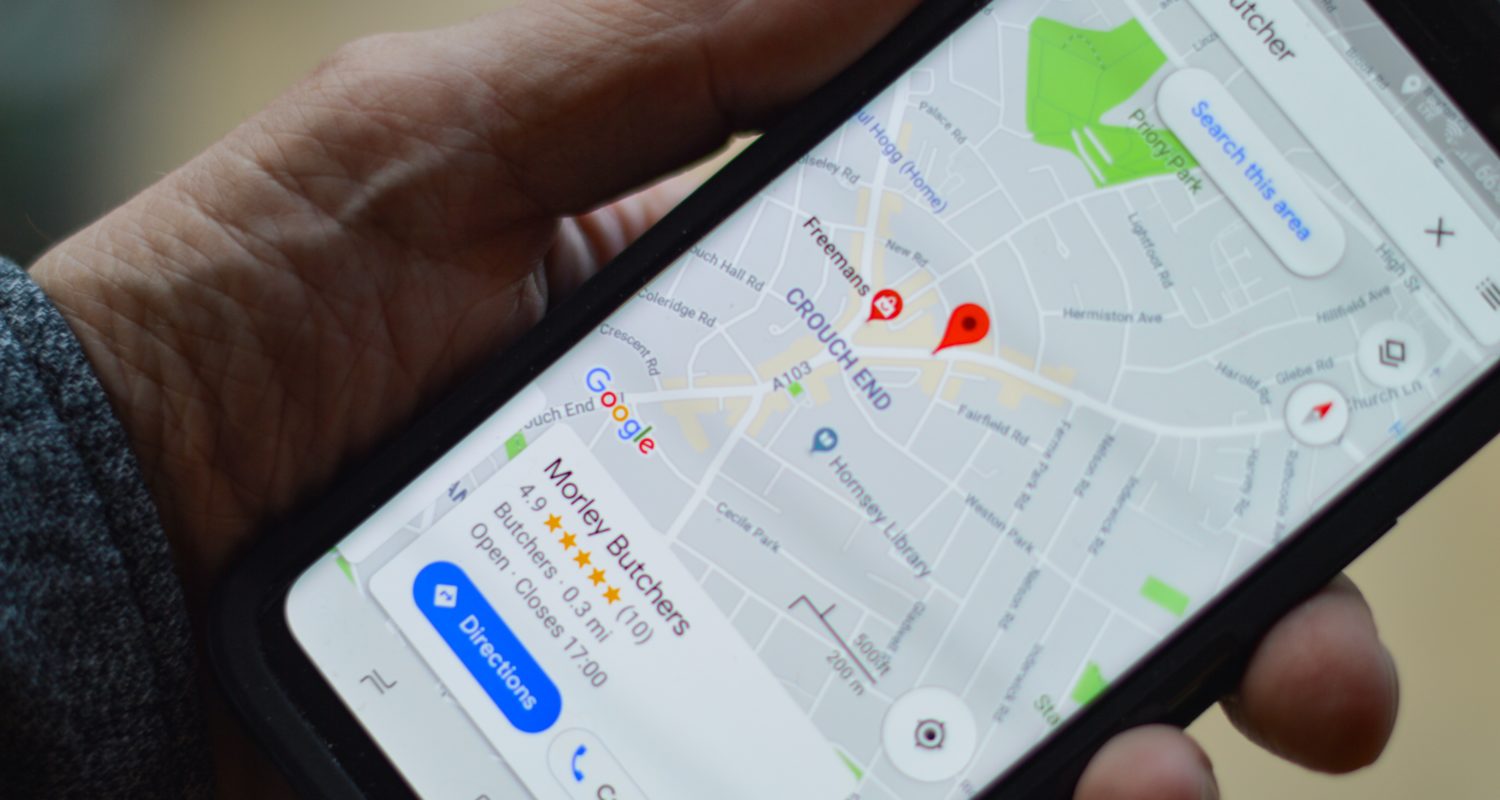For small businesses, showing up in search results in Google and Bing is key to being successful in today’s day and age. Small businesses have to make sure they have content showing in Google to be able to acquire new customers and this is considered local SEO.
So what goes into local SEO?
Website
It all starts with a website. A website gives a local business a way to establish itself and be a first impression among customers. Without a site, businesses don’t have a way to properly introduce themselves.
A website matters to a local SEO campaign because it is what is used to rank in search results. If you don’t have a website, what are you going to show in Google and Bing?
Google My Business
Next up is setting up a profile on Google My Business. This is another must-have step for a local SEO campaign as it gives a business that much more visibility. Unlike a website, Google My Business allows business owners to have a profile that shows up directly in Google. Most often, this profile will show up in a 3-pack of maps listings. This section of Google caters specifically to local businesses.
There are many steps involved with creating a well-optimized Google My Business platform, so you may want to look into hiring an SEO agency to help you.
Validation of the Business
Once you have a website and Google My Business, the next step is to help Google understand that you exist. The best way for Google to find this information is to discover it on other local websites that display an address, phone number and website address.
What are other local websites? This can be a wide range of sources including Facebook business pages, Yelp, the Better Business Bureau, the Chamber of Commerce, etc. As Google finds references, or citations, from these local sources, they’re used to help rank your business in search results.
Relevance In Citations
When you create citations to support your local SEO campaign, it’s important to make sure they are relevant to your business. This means you will want to be careful in the category you choose for your business and listing information that is pertinent to your category. For instance, a local health insurance agent would want to use a primary category of insurance and a secondary category of health insurance. Be sure to check which categories are available on the citation you are creating.
Additionally, make sure you create citations on relevant websites. For example, if you’re an attorney creating a citation on an auto parts directory for your local area, it could be confusing for Google and potential customers.
Reviews from Customers
As an ongoing piece of a local SEO campaign, you’ll want to continuously collect reviews from customers. This can be achieved in a number of ways both offline and online, but the key is to showing Google that customers are happy doing business with you. Once you set up a Google My Business profile, encourage your customers to leave a review on your profile.
Other Considerations
These recommendations for a local SEO campaign only scratch the surface. Ask your business coach or marketing advisor what else you can do to have a positive impact on your campaign.


